Comprehensive stroke & neuro recovery—trusted doctors, skilled caregivers, and robotic tech outperform exercise-only clinics, helping you walk & talk again. Get Back to Your Normal Life.
Successful Recoveries
Years Experience
Satisfaction
Paralysis can make simple things like sitting up, buttoning a shirt, walking a few steps, or saying a clear sentence feel almost impossible; the risk of falls, fuzzy memory, speech trouble, and leaning on family every moment drain confidence and joy. At Rehabana, kind doctors and trained helpers blend smart robotic tools with clear, step-by-step coaching for safe movement, speech, daily tasks, and family guidance, so you rebuild strength and independence one easy day at a time.

Doctor Guided
Recovery Plans
Robotic Training for faster recovery
Focus on whole Life Goals not just exercises
Dedicated Focus on Stroke & Neuro Paralysis
Rehabana’s specialized stroke & neuro-paralysis recovery plans pair daily doctor-led reviews, inclusive robotic gait & arm therapy, speech and home-skills coaching, plus family training in Bengali, Hindi and English—far beyond standard physio sessions at hospitals or at home—so you regain strength, speech and independence sooner.
Call us +91 9073746565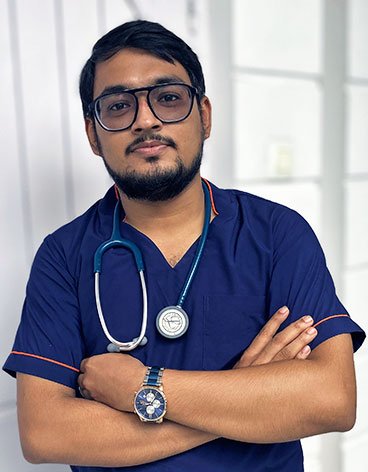
MBBS, MD – PMR in Kolkata
Dr Ambar Konar, an accomplished Interventional Physiatrist from Kolkata, topped MD in PM&R at IPGMER, SSKM in 2018. With key roles in NeuroRehab, Pain Management, and several award-winning papers, he now leads Rehabana’s Neuro Rehab team, blending skill, compassion, and dedication.
Read More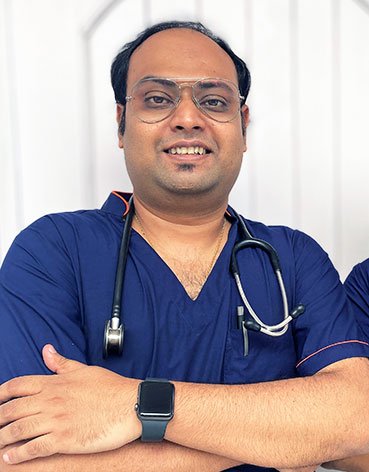
MBBS, MD – PMR in Kolkata
Dr KBT (Dr Kausta Basu Thakur), an experienced physiatrist, earned his MBBS from Bankura and MD from RIMS, Imphal. With training from AIIMS Bhubaneswar and fellowships in pain management, he specializes in stroke, spine, and musculoskeletal rehab. He now serves as consultant at Rehabana.
Read More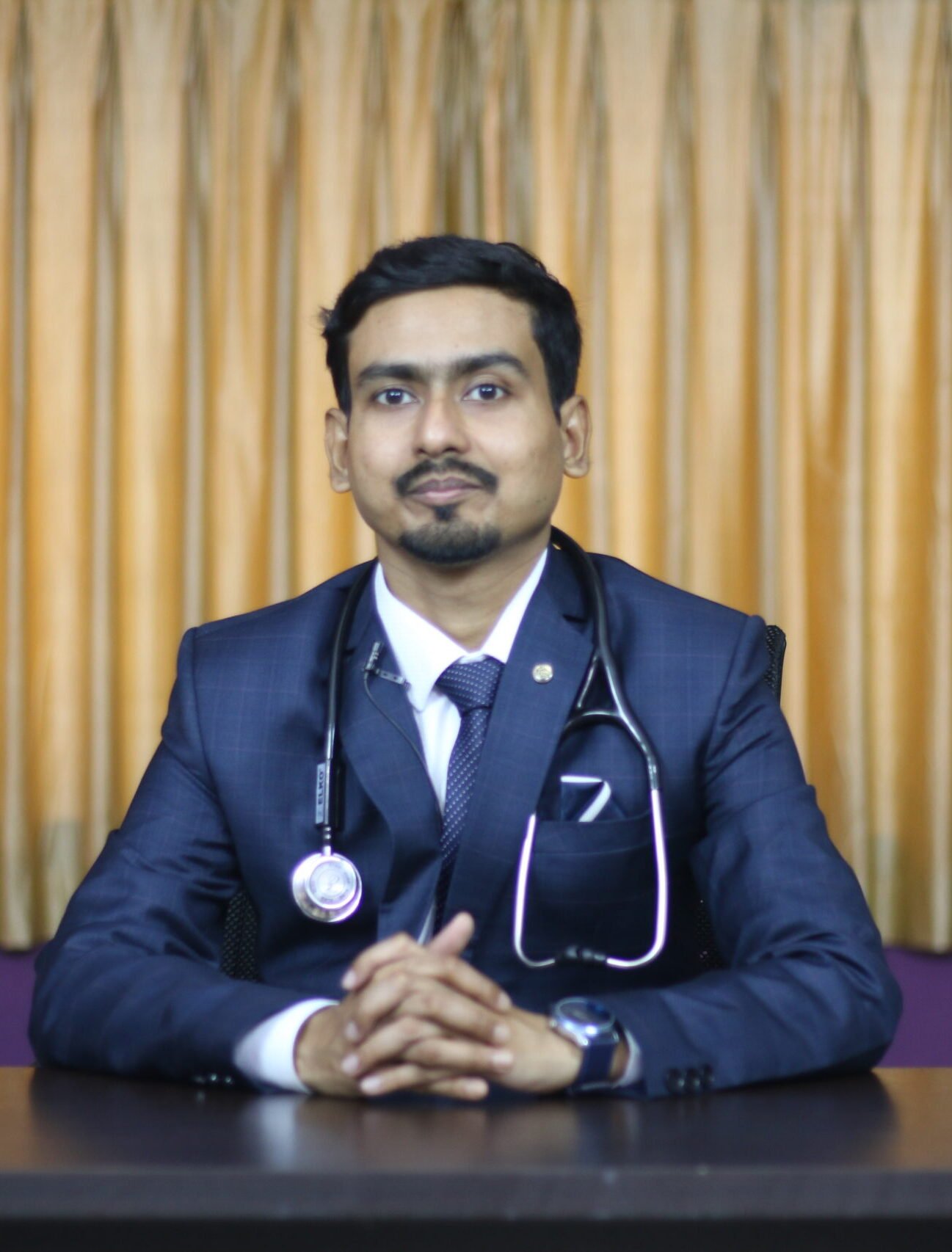
MBBS & MD (Physical Medicine & Rehabilitation)
Dr Siddhertha Adhikary, Kolkata rehabilitation specialist (MBBS Medical College Kolkata, MD PMR 2022 SSKM), ex-Senior Resident, researches PRP in osteoarthritis. He treats neuro, stroke & musculoskeletal cases using robotics, VR and ultrasound-guided regenerative pain therapies.
Read More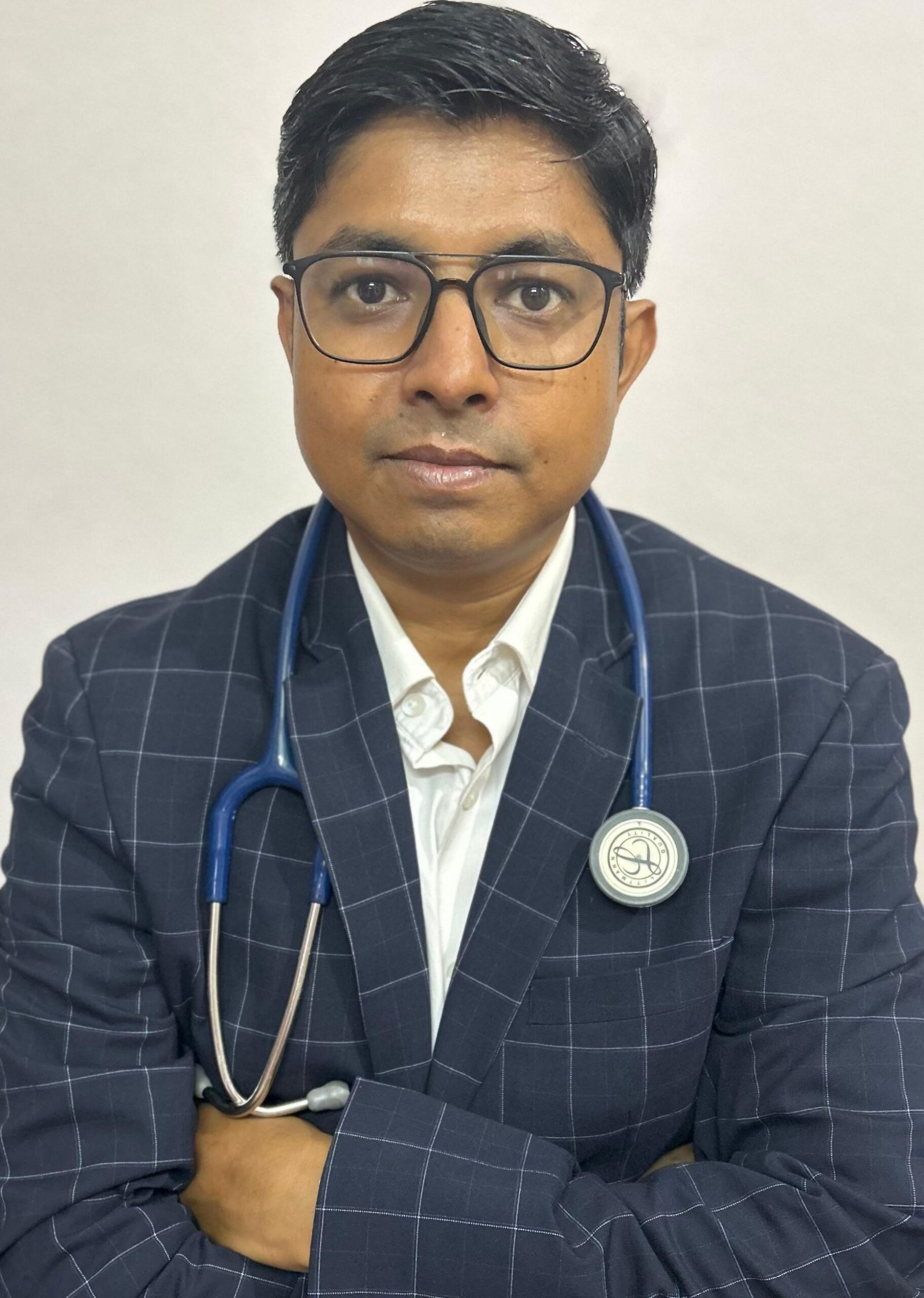
MBBS & MD (Physical Medicine & Rehabilitation)
Dr. Arindam Ghosh (MBBS, MD – PMR) is an expert in pain management and neurorehabilitation. His key interests include bladder and bowel rehab, spasticity, cognitive rehabilitation, and image-guided pain interventions.
Read More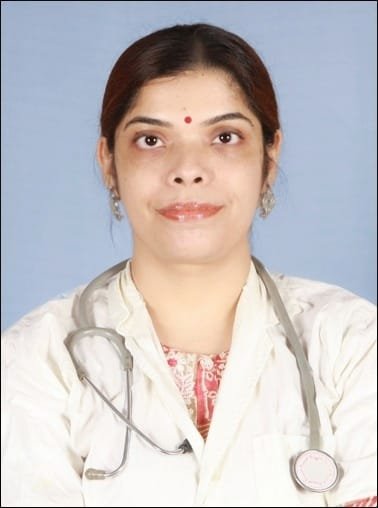
MBBS, MD (PMR), FIPM, BCBR
Dr. Sayani Haldar, MD (PMR), specializes in neurorehab, pain, and pediatric rehab. Former senior resident at AIIMS Raipur; now Assistant Professor at KPC Medical College.
Read MoreTop doctor-recommended — East India’s first neuro-recovery hub, trusted by leading neurologists and PMR experts.
Daily doctor-led plans — on-site MDs revise goals every day instead of handing you a one-size-fits-all sheet.
Robotic rehab for all — gait trainers, arm robots and VR tools speed recovery far beyond standard physio.
Proven faster results — many patients walk and speak again within weeks, showing steady outcome gains.
Visit or stay in — choose daily sessions or affordable full-time care at the centre; no at-home service.
360° one-roof care — movement, speech, swallow, pain relief and family coaching combined for complete recovery.

Call or WhatsApp us to schedule a full doctor check-up. We test your movement, speech and daily tasks, then set clear recovery goals together.
1
Come in each day—or stay with us—for personalised sessions using robotic walkers, arm trainers and speech drills, all guided by our on-site MD team.
2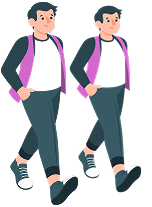
Watch the wins add up: from first safe steps to eating, talking and dressing on your own. Celebrate each milestone as you regain full confidence.
3

Home exercises can’t fully fix stroke, paralysis, Parkinson’s or other nerve troubles. At Rehabana, doctors guide every session with robotic equipments, arm-robots and balance machines that speed up real-life recovery. Fill the form now to book your first session and start the complete plan.